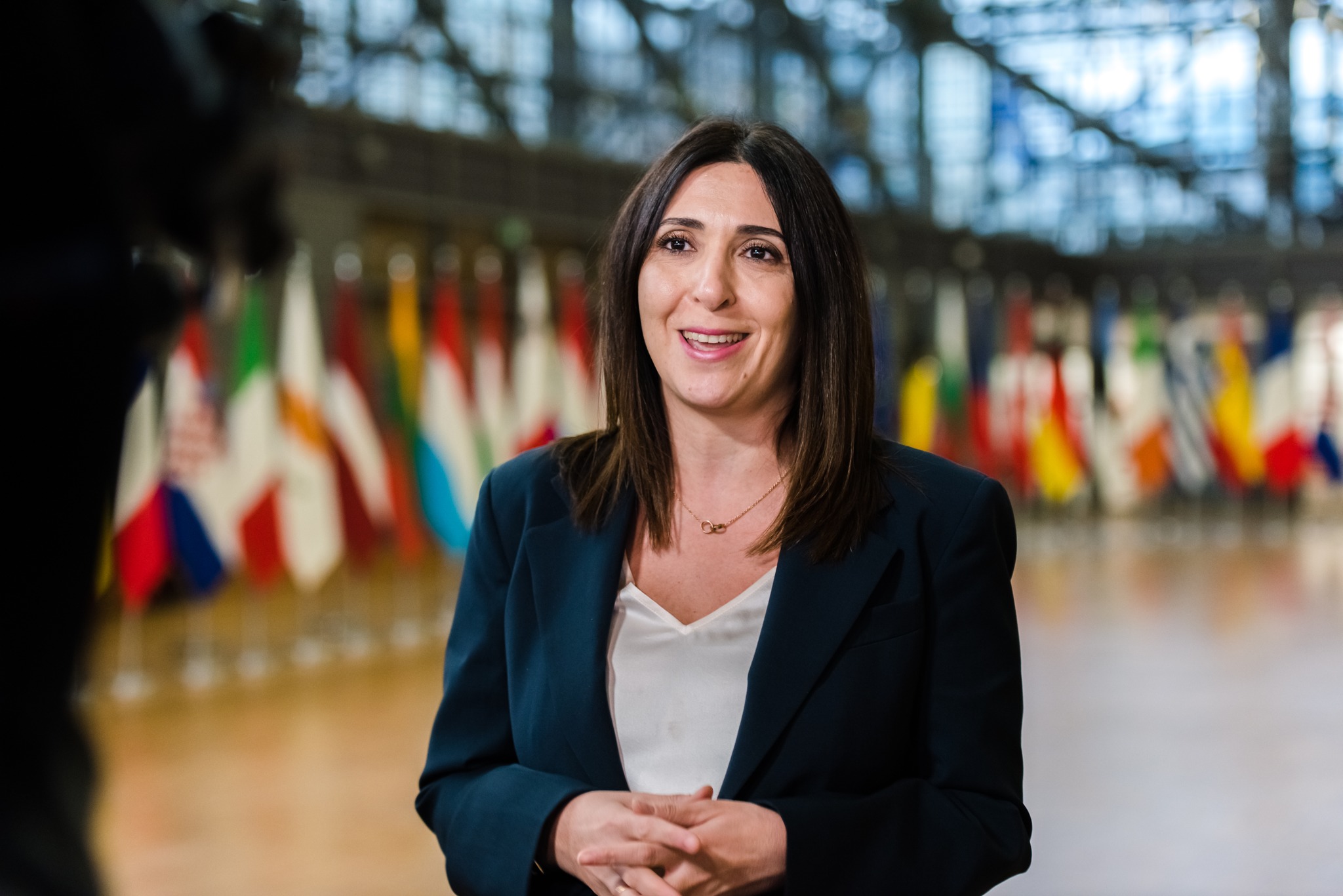European Affairs Deputy Minister Marilena Raouna on Tuesday said the EU must lead efforts to de-escalate the ongoing conflict in the Middle East.
Speaking ahead of the start of the day’s general affairs council in Luxembourg, she said the EU “cannot be a passive observer of the escalating situation”.
“We must remain on the frontline. We must lead this de-escalation,” she said.
She added that the current situation in the region is “deeply worrying” and said that it is “rightly high on the council’s agenda”.
She also spoke of how president Nicos Christodoulides and foreign minister Constantinos Kombos have been in “constant communication with all international partners” and others “since day one”.
Her words come a day after Kombos had described the conflict as “unprecedented” when he attended the EU’s foreign affairs council in Brussels.
Kombos had said the EU must undertake “intense activity” with a view to bringing about de-escalation and an eventual end to the conflict.
“We need an action plan for engagement, and we must ensure that we lead in these difficult times … The stakes are high. The EU cannot be and is not a passive observer,” he said.
Meanwhile, Spain’s Foreign Minister Jose Manuel Albares went further, calling for an “immediate” suspension of the EU’s association agreement with Israel, an embargo on EU arms sales to the state, and individual sanctions against all those who seek to “thwart” a two-state solution in Israel and Palestine.
“It’s not denunciations which will stop this inhumane war in Gaza, it’s actions. And I am clearly going to put three on the table,” he said.
He later called on the EU to have the “courage” to say “no to war and yes to diplomacy and negotiation,” with Iran.
“Europe must be brave enough to raise the flag of peace, to defend international law, to say no to war and yes to diplomacy and negotiation … It is time for diplomacy, to return to the negotiating table. There is no military solution in the Middle East. It has been attempted on many other occasions, and all that has resulted in chaos,” he said.
French Foreign Minister Jean-Noel Barrot, meanwhile, warned against attempts to force regime change in Iran, though stressed that the country’s nuclear programme constitutes an “existential risk” for Israel, the wider region, and Europe.






Click here to change your cookie preferences